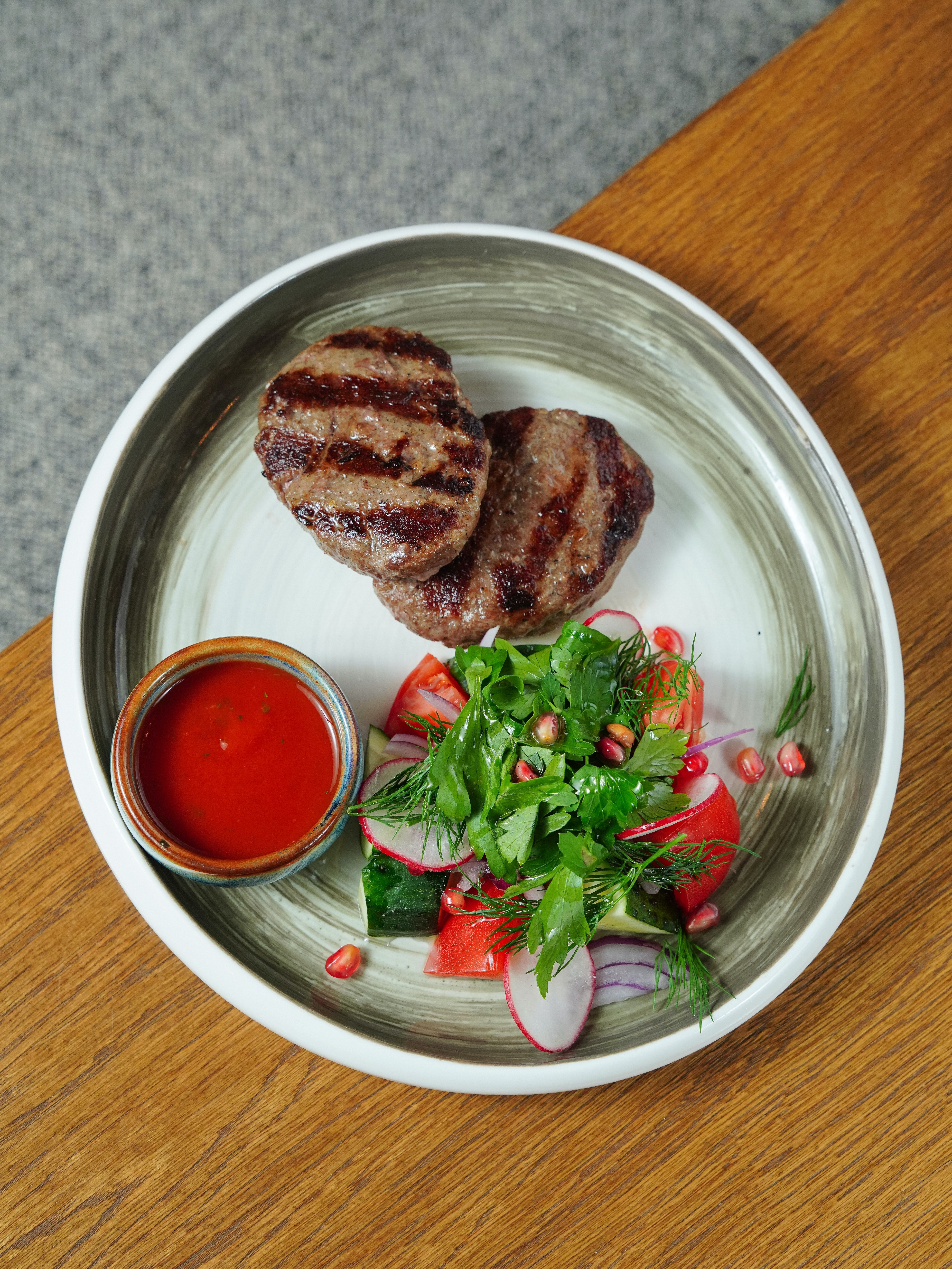The Importance of Vitamin B in Your Fitness Routine



You probably consider factors like exercise, food, and hydration when it comes to reaching your fitness objectives. Although these factors are unquestionably important, one that is sometimes ignored is the part that vitamins and minerals play in your exercise program. Among these, Vitamin B is essential for assisting you in achieving your highest level of performance and maintaining general health. We'll explore the significance of Vitamin B in your workout regimen in this post.

Understanding Vitamin B
There are eight water-soluble vitamins in the vitamin B group, and each one has a special job to do in the body. These vitamins, often known as the B-complex vitamins, are frequently present in a wide range of foods, such as whole grains, lean meats, dairy products, leafy greens, and nuts. These are the eight B vitamins:
- B1 (Thiamine)
- B2 (Riboflavin)
- B3 (Niacin)
- B5 (Pantothenic Acid)
- B6 (Pyridoxine)
- B7 (Biotin)
- B9 (Folate)
- B12 (Cobalamin)
How Vitamin B Supports Your Fitness Routine
Energy Generation
In the process of metabolizing energy, vitamin B is essential. It assists in transforming the food you eat into energy your body can use for various tasks, such as workouts. This process is aided by the B vitamins thiamine (B1), riboflavin (B2), niacin (B3), pantothenic acid (B5), pyridoxine (B6), and biotin (B7). These vitamin deficiencies can lead to weariness and decreased exercise endurance.
Creation of Red Blood Cells
Red blood cell production requires the vitamins B12 and folate (B9). When you exercise, these cells deliver oxygen to your muscles, enabling optimum performance. If you don't consume enough B12 and folate, you might feel weak and have less endurance when doing out.
Muscle Repair and Function
The B6 vitamin pyridoxine is essential for healthy neuron and muscle activity. Additionally, it helps with the production of hemoglobin, which transports oxygen from the blood to your muscles. By doing this, you can be sure that your muscles get the oxygen they require to work well and recuperate from exercise.
Immune Assistance
The immune system may momentarily be suppressed by vigorous exercise. B6, B9, and B12 vitamins all support a healthy immune system. Making sure you have enough of these vitamins will help shield your body from disease and infection, enabling you to keep up a regular exercise schedule.
Stress Management
Exercise, particularly demanding workouts, can stress the body. Pantothenic acid, often known as vitamin B5, is frequently called the "anti-stress" vitamin. It aids in controlling the body's stress reaction and can support your continued mental and physical toughness throughout your fitness journey.
Vitamin B is vital for exercise because it supports energy production, red blood cell formation, muscle function, immune system health, stress management, and overall well-being. Ensuring an adequate intake of B vitamins through a balanced diet or supplementation when necessary can help you optimize your physical performance and achieve your fitness goals.
Vitamin B Deficiency Symptoms
Your workout plan may be greatly impacted by B vitamin deficits. Here are a few common signs of vitamin B deficiency:
- Weakness or muscle cramps, fatigue, and shortness of breath
- Lack of focus and mental haze
- Low red blood cell count, or anemia
- Decreased capacity for exercising
- Slow post-workout recovery
Meeting Your Vitamin B Needs
Maintain a balanced diet that includes a variety of foods rich in vitamin B to make sure you're getting an adequate dose of the vitamin. Excellent sources of vitamin B include lean meats, poultry, fish, eggs, dairy products, whole grains, legumes, and leafy greens.
Consider consulting a healthcare provider or a qualified dietitian if you have questions about your vitamin B intake or believe you may be deficient in it. If necessary, they can offer advice and suggest supplements.
Don't undervalue the significance of Vitamin B in your fitness program, even though exercise and nutrition frequently steal the show in discussions of fitness. These vitamins are crucial for maintaining a healthy immune system, building muscle, and producing energy. Making sure you have enough vitamin B can help you get the most out of your workouts.

B vitamins can be found in a wide range of foods, so eating a balanced diet with lots of nutrient-rich choices will help you get the B vitamins you need. The following foods are high in particular B vitamins:
1. Vitamin B (Thiamine):
- Whole grains (e.g., brown rice, oats, whole wheat)
- Legumes (e.g., lentils, black beans)
- Nuts (e.g., sunflower seeds, peanuts)
- Lean pork and pork products
- Wheat germ
2. Vitamin B2 (Riboflavin):
- Dairy products (e.g., milk, yogurt, cheese)
- Eggs
- Lean meats (e.g., chicken, turkey)
- Leafy greens (e.g., spinach, kale)
- Fortified cereals and grains
3. Vitamin B3 (Niacin):
- Meat (e.g., beef, chicken, turkey)
- Fish (e.g., salmon, tuna, trout)
- Peanuts and peanut butter
- Whole grains
- Legumes (e.g., lentils, beans)
4. Vitamin B5 (Pantothenic Acid):
- Organ meats (e.g., liver, kidney)
- Avocado
- Whole grains
- Mushrooms
- Sunflower seeds
5. Vitamin B6 (Pyridoxine):
- Chickpeas
- Potatoes
- Bananas
- Poultry (e.g., chicken, turkey)
- Fish (e.g., salmon, tuna)
- Fortified cereals
6. Vitamin B7 (Biotin):
- Egg yolks
- Nuts (e.g., almonds, peanuts)
- Legumes (e.g., soybeans)
- Whole grains
- Sweet potatoes
7. Vitamin B9 (Folate):
- Leafy greens (e.g., spinach, broccoli, kale)
- Legumes (e.g., lentils, chickpeas)
- Fortified cereals and grains
- Citrus fruits (e.g., oranges, grapefruits)
- Avocado
8. Vitamin B12 (Cobalamin):
- Animal products (e.g., meat, poultry, fish, eggs)
- Dairy products (e.g., milk, cheese, yogurt)
- Fortified plant-based milk (e.g., almond milk, soy milk)
- Fortified cereals and nutritional yeast (for vegetarians and vegans)

A well-balanced diet with a mixture of these items is advised to ensure you satisfy your daily B vitamin requirements because specific B vitamins can be found in a wide range of foods. Consult a medical expert or a trained dietitian for individualized advice or supplementation suggestions if you have particular dietary restrictions or questions about your intake of B vitamins.

